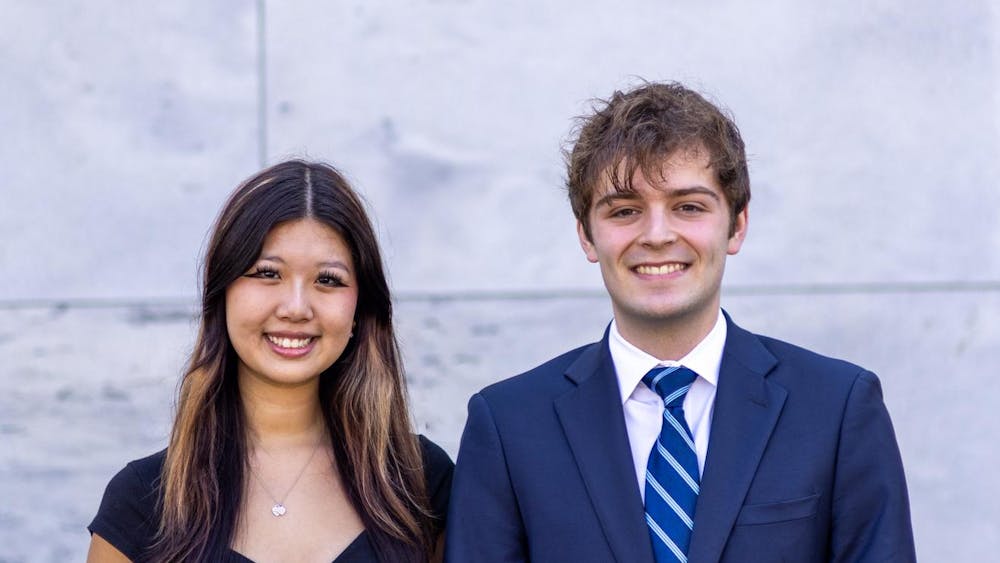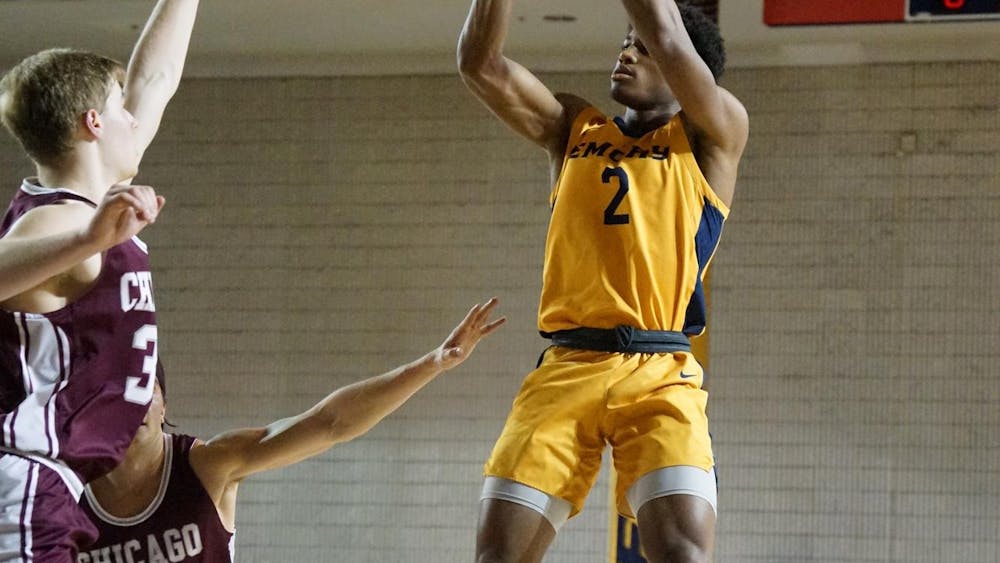Remote learning is demanding for everyone, but international students’ challenges are uniquely daunting: many must also adjust to different time zones. For Clarence Huang (24C), attending class from 8 p.m. to 2:15 a.m. is an “extremely painful” new norm. Working through headaches and trying to stay focused late at night has cost us learning. Huang is afraid that his poorer performance during his midnight classes will affect his GPA.
“In the past, staying at clubs until 2 a.m. once exhausted me for days, but now I have to process Descartes’ philosophy or answer questions in Spanish at 2 a.m.,” said Jessica Qian (23C), a sophomore student from Shanghai. “It makes me miss the good old days when I could study in broad daylight.”
Several other international students regularly stay up just as late for class. Even if professors record their lectures, they’re still required to attend synchronous sessions and interact with their class for a participation grade. In classes that don’t require attendance, many students expressed they can only grasp the material in depth when they actively participate in synchronous sessions. In many cases, international students have no choice but to sacrifice their sleep for a decent grade.
These forced night owls face numerous health concerns compared to their peers: they are more likely to have higher blood pressure, use alcohol and tobacco, suffer depression and anxiety, develop diabetes, and even die at an earlier age. Low sleep quality also correlates with poor school performance, and sleep disruption hinders students’ abilities in math, languages and reading. A study conducted by scientists at the University of Pennsylvania in 2003 suggests that sleeping four to six hours for 14 nights is enough to cause severe cognitive dysfunctions in healthy adults. One semester of staying up late is long enough to damage the health of international students.
Emory has a responsibility to address these growing threats to international students’ physical and mental health. Professors cannot schedule their lessons to suit all students around the world, but international students should have the option to continue their degrees in their own time zones. A study away program enabling international students to attend local universities and restore their lives to some semblance of normalcy would accomplish this.
A few other elite universities in the U.S. have already started study away programs. American universities have partnered with colleges abroad and allowed international students access to education at a local university. Cornell University (N.Y.) has already found success in this initiative; since June 2020, the university has provided international students access to educational facilities and services worldwide. In countries including Ghana, Italy, India, Vietnam, China and Korea, students can register for courses at local universities and receive credit for their coursework. Tufts University (Mass.) has also started a similar program. Emory should follow suit.
Such a program would lighten international students’ burden of constantly taking the night shift. Study away programs also connect international students to peers at local colleges, which cultivates their networking circle. Such social connections boost self-esteem, lower risks of anxiety and depression, and make individuals more trusting and cooperative in general. Connecting efficiently with professors and peers improves motivation and academic performance.
The future is full of unknowns. COVID-19 may remain an issue even through much of 2021 — the pandemic’s second wave may coincide with the flu season, causing even more disruption than before. And even if the epidemic subsides in the U.S., international students may still not be able to return to Atlanta due to travel restrictions. Emory should start a study away program so international students don’t have to alter their entire lives to simply attend class. International students’ well-being depends on it.
Yun Zhu (23C) is from Shanghai.









